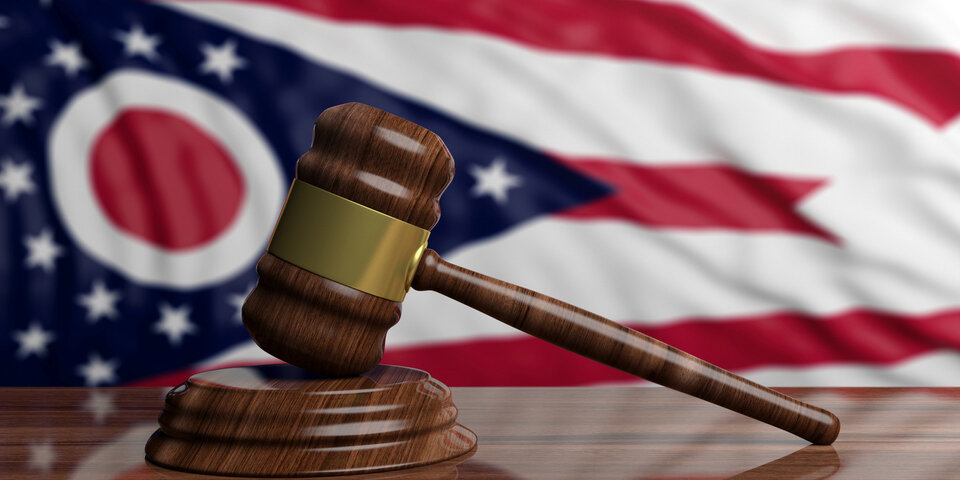
A Temporary Reprieve
Lawmakers didn’t reject HB 298 outright. The bill stalled as negotiations over tax rates, licensing rules, and player protections failed to move forward before the session break. It’s a pause, not a decision — but one that gives sweepstakes casinos more time to operate.
That’s welcome news for operators facing growing scrutiny nationwide. In recent months, California enacted a ban, Louisiana launched lawsuits, and multiple class actions targeted sweepstakes platforms in other states. Ohio’s delay offers short-term breathing space, but the long-term trend is clear: regulation is coming.
Why Ohio Matters
Ohio is the seventh-largest U.S. state and one of the few remaining major markets where sweepstakes casinos can operate legally.
With California off the table, New York awaiting the governor’s signature, and states like New Jersey, Montana, and Connecticut already closed, Ohio has become a last stronghold.
It’s also an attractive one. The state already allows online sports betting, meaning residents are familiar with digital wagering and promotions. For lawmakers, that makes iGaming regulation a logical next step — and for sweeps operators, a valuable market to defend.
The Current Landscape
While HB 298 remains in limbo, Ohio players can still access familiar sites including LuckyLand, Pulsz, McLuck, WOW Vegas, Crown Coins, RealPrize, Stake.us, Hello Millions, FortuneWheelz, Zula, and Baba Casino.
Each uses the same dual-currency setup — Gold Coins for entertainment, Sweeps Coins for prize redemption — that has drawn increasing regulatory attention elsewhere. For now, that model continues to operate in Ohio, even as it’s been banned or restricted in seven other states.
What the Bill Would Have Changed
HB 298 proposed a sweeping overhaul of Ohio’s online gaming market. It sought to:
- Prohibit dual-currency sweepstakes casinos.
- Establish a licensed iGaming framework by 2026.
The intent was to replace unregulated gray-market activity with a legal, taxable alternative. But disputes over tax levels, licensing limits, and responsible gaming requirements stalled progress. Without consensus, lawmakers shelved the bill until next session.
Pressure Is Building
Even without new laws, pressure on sweepstakes operators is increasing. A class action lawsuit filed in Ohio accuses Crown Coins of running unlicensed gambling disguised as social gaming.
Nationally, regulators are also tightening their grip. California’s attorney general pressured suppliers like Evolution and Pragmatic Play to withdraw from the market, while Louisiana’s Department of Revenue is suing VGW and WOW Vegas for more than $40 million in unpaid taxes.
Ohio hasn’t taken similar action yet, but it’s becoming part of the same conversation.
The Policy Dilemma
Lawmakers face a familiar challenge: banning sweepstakes casinos without legalizing iGaming risks driving players to offshore sites. Without a regulated alternative, those platforms will continue to attract U.S. players — but without consumer safeguards, fraud protection, or responsible gaming tools.
That’s why several states, including New York, are exploring simultaneous bans and iGaming launches. The goal is to transition players from unregulated sweepstakes to licensed, taxed, and safer environments.
What’s Next
HB 298 isn’t dead — it’s delayed. Lawmakers have already indicated they’ll revisit the issue in 2026, likely with revised language around player protections and supplier accountability.
In the meantime, sweepstakes brands are maximizing the window of opportunity: running promotions, expanding affiliate programs, and investing in user acquisition before new legislation arrives.
Bottom Line
Ohio’s pause gives the sweepstakes industry time — but not certainty. HB 298 signaled that regulation is coming, and the current gray zone won’t last.
The real question now is who moves faster: lawmakers crafting the next version of the bill, or the operators adapting before it lands.
